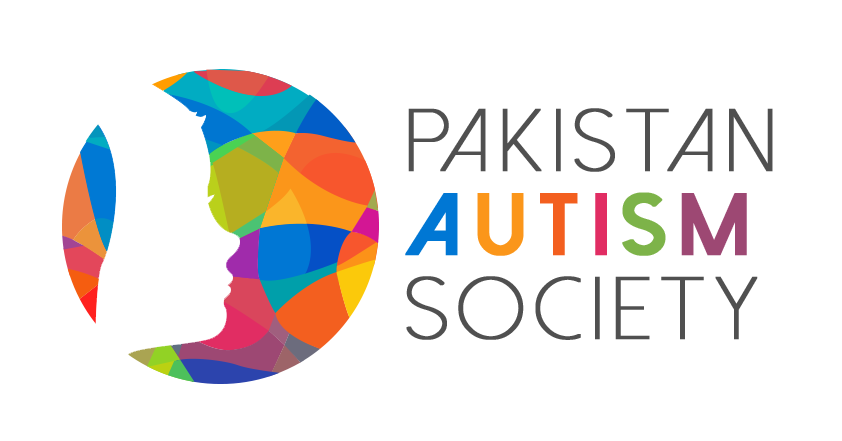Introduction:
Autism spectrum disorder (ASD) is a complex neurodevelopmental condition that affects social interaction, communication, behavior, and often comes with sensory sensitivities. While there is no one-size-fits-all approach to addressing the challenges faced by individuals with autism, sports and physical activities have been shown to offer numerous benefits. Engaging in sports not only promotes physical health but can also enhance social skills, boost self-esteem, and improve sensory integration for people on the autism spectrum. In this article, we will explore some sports that have been found to be particularly beneficial for individuals with autism.
1. Swimming:
Swimming is often recommended for individuals with autism due to its unique sensory benefits. The water provides a calming and soothing environment that can help individuals with sensory sensitivities. Additionally, swimming can improve coordination, muscle strength, and cardiovascular fitness. Group swimming lessons can also provide opportunities for social interaction, communication practice, and teamwork in a structured and supportive setting.
2. Martial Arts:
Martial arts, such as karate or taekwondo, can be beneficial for individuals with autism as they emphasize discipline, focus, and self-control. These activities provide a structured and predictable environment, which can be reassuring for individuals with autism. Moreover, martial arts classes teach respect for others, improve motor skills, and can enhance self-confidence.
3. Soccer (Football):
Team sports like soccer can be a great way for individuals with autism to learn social skills, cooperation, and teamwork. Many soccer programs now offer inclusive options specifically designed for children and adults with disabilities. Playing soccer can improve physical fitness, build friendships, and provide a sense of belonging. It’s important to find a program that focuses on individual strengths and encourages participation at one’s own pace.
4. Yoga:
Yoga combines physical movement with mindfulness and deep breathing, making it an excellent choice for individuals with autism. It can help with self-regulation, relaxation, and reducing anxiety. Practicing yoga can also improve body awareness and coordination. Specialized yoga classes designed for individuals with autism often include visual cues and modifications to suit individual needs.
5. Cycling:
Cycling is an enjoyable and accessible physical activity for individuals with autism. It helps improve balance, coordination, and cardiovascular health. Cycling in a safe and controlled environment, such as a park or a dedicated bike path, can provide a sense of freedom and independence while also offering sensory input through the movement and the environment.
Conclusion:
Engaging in sports and physical activities can have a positive impact on individuals with autism. It’s important to find activities that align with the individual’s interests, abilities, and sensory preferences. Inclusive sports programs, supportive coaches, and a focus on individual strengths can create a positive and empowering experience for individuals on the autism spectrum, promoting physical health, social interaction, and overall well-being.













